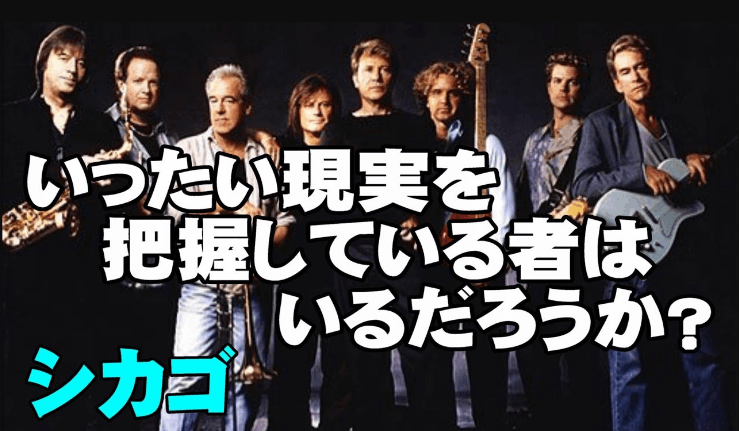いったい (ittai) Meaning Japanese Grammar - On Earth
Anna Baffa Volpe
Get in touch with meThe term いったい (ittai) 一体 literally means one body, a whole, a unity when used as a noun.
In this post we will analyze いったい in its use as an adverb, in the interrogative sentence as an element that emphasises the question.
How いったい is formed
いったい is a noun in Japanese and its transcription in Kanji is 一体: one body, one whole, one thing.
- 一体になる
become one with,identify with - 一体化する
unify,integrate
「夫婦は一体」
Husband and wife are one.
いったい is used in the interrogative sentences as 疑問の強調, i.e. it emphasises the question asked. Its position can be at the beginning or in the middle of the sentence.
いったい combined with the conjectural form
いったい is often found in sentences with the conjectural form expressed by だろうか.
The translation will be appropriate to the formal or confidential context in which one is speaking; e.g. the sentence:
- これは何だろう, can be translated as:
- What is this? or
- What the hell is this?
いったいいつになったら梅雨が明けるんだろうか。
When on earth will the rainy season end?
Example of the same sentence with and without いったい:
何が食べたいの?
What do you want to eat?
いったい何が食べたいの?
What on earth do you want to eat?
The second sentence emphasises the question; probably the subject has expressed that he does not want to eat one thing and another and another one and the question made therefore is with いったい: "So what do you want to eat after all?"
この話はいったい本当ですか。
Is this story true?
いったい followed by 全体 creates more emphasis on the question.
いったい全体だれがこの皿を割ったの?
Who on earth broke this plate?
The title of the 1969 song by Chicago in English: Does Anybody Really Know What Time It Is?. Here is the Japanese title and its translation.

いったい現実を把握している者はいるだろうか?
Is there anyone who truly has a grasp on reality?
いったい combined with interrogative adverbs
いったい is generally used in conjunction with other interrogatives: いったい+疑問表現: いったい + interrogative expression
- いったい + なに: What on earth?
- いったい + だれ: Who on earth?
- いったい + いつ: When on earth?
- いったい + どこ: Where on earth?
- いったい + なぜ: Why on earth?
いったい土地の値上がりはいつまで続くのだろうか。
How long will land prices continue to rise?
いったい彼はどうしてそんな危険なことをしたのか。
Why on earth did he do such a dangerous thing?
いったい and professional use
Many terms that in other languages are used on every occasion, in the Japanese language are not appropriate when it comes to a formal, professional environment and towards 目上の人 superiors. For example, in a Japanese company we might hear the phrase:
いったい全体どうなっている?
What is the current state of affairs?
Most probably one of our superiors is asking us how the business or practice is progressing, how far it is going, or it may be a question from one of our peers. It is not a polite phrase and does not convey any sense of deference or humility. In order to avoid appearing rude or disrespectful towards a superior 上司, it is important to use other expressions from the Keigo language, especially the language of humility 謙譲語. A way of expressing the same thing could be:
お忙しいところ恐れ入りますが、プロジェクトの進捗状況をお聞かせいただけますか。
I’m sorry to disturb you, could you update me on the progress of the project?
Other examples of いったい
From a series of illustrated books:

ぼくはいったいどこにいるんだ。
Where on earth am I?
これは一体何だろう。
What is this all about?
- What is this?
- What is going on?
Similar grammar points in Japanese 📚
あんなふうに
あんなふうに (anna fuu ni) Meaning Japanese Grammar - Like That
というふうに
というふうに (to iu fuu ni) Meaning Japanese Grammar - in Such a Way That...
こんなふうに
こんなふうに (konna fuu ni) Meaning Japanese Grammar - Like This
ふうに
ふうに (fuu ni) Meaning Japanese Grammar - In a Way
そんなふうに
そんなふうに (sonna fuu ni) Meaning Japanese Grammar - Like That
っていうふうに
っていうふうに (tte iu fuu ni) Meaning Japanese Grammar - In Such a Way That...